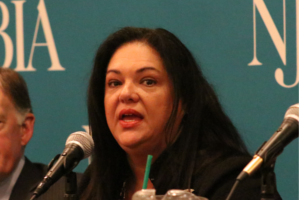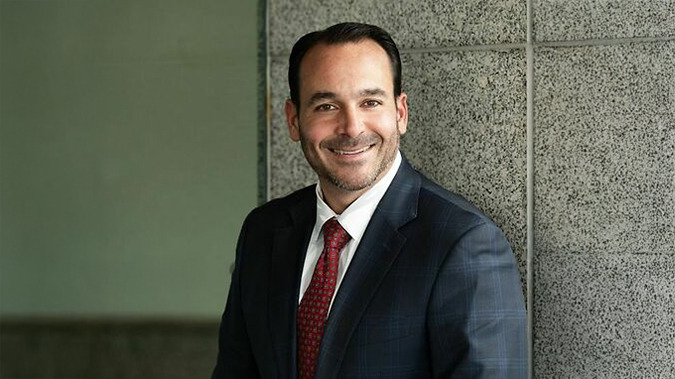
New Jersey is trying to hold on to key components of the federal Affordable Care Act (ACA) as the Trump administration, with the help of the previous Congress, has been trying to dismantle the Obama administration’s signature accomplishment.
At a Meet the Decision Makers event Wednesday, NJ Department of Banking and Insurance Commissioner Marlene Caride told members of NJBIA and the State Chamber of Commerce that Gov. Phil Murphy’s plan for a state-based insurance exchange would give New Jersey the control over healthcare policy it needs. The state plans to have its exchange up and running by 2021, Caride said.
Currently, New Jersey is one of a majority of states where the uninsured can shop for insurance in the federal healthcare marketplace created by the ACA, but the law allows states to set up their own health insurance exchanges for the same purpose.
Caride said such a move would provide several advantages for New Jersey, beginning with more local control.
“Because we operate on the federal exchange, we are subject to the whims of the federal administration, which has only been making efforts to damage and destabilize the market,” Caride said.
A state-based exchange will give New Jersey more control over the open-enrollment period and access to data that will help it regulate the market, target outreach to uninsured populations, and better inform policy decisions, she said.
It will also allow the state to keep the user fees that currently are paid to the federal government. New Jersey will be able to fund its exchange operating costs, assist consumers, and conduct outreach and advocacy.
“Stabilizing the market ensures that your members are able to obtain affordable healthcare coverage as well as offer their employees quality and affordable healthcare coverage as well,” Caride said. “That’s why the governor’s plan to codify many of the ACA consumer protections is important.”
The move toward a state-based exchange comes on top of several policy changes in New Jersey’s individual healthcare market, one of three state-regulated marketplaces. Last year, the Murphy administration imposed a state-level mandate for individuals to maintain health insurance coverage and implemented a reinsurance plan that lowered premiums in the individual market by 9.3%.




